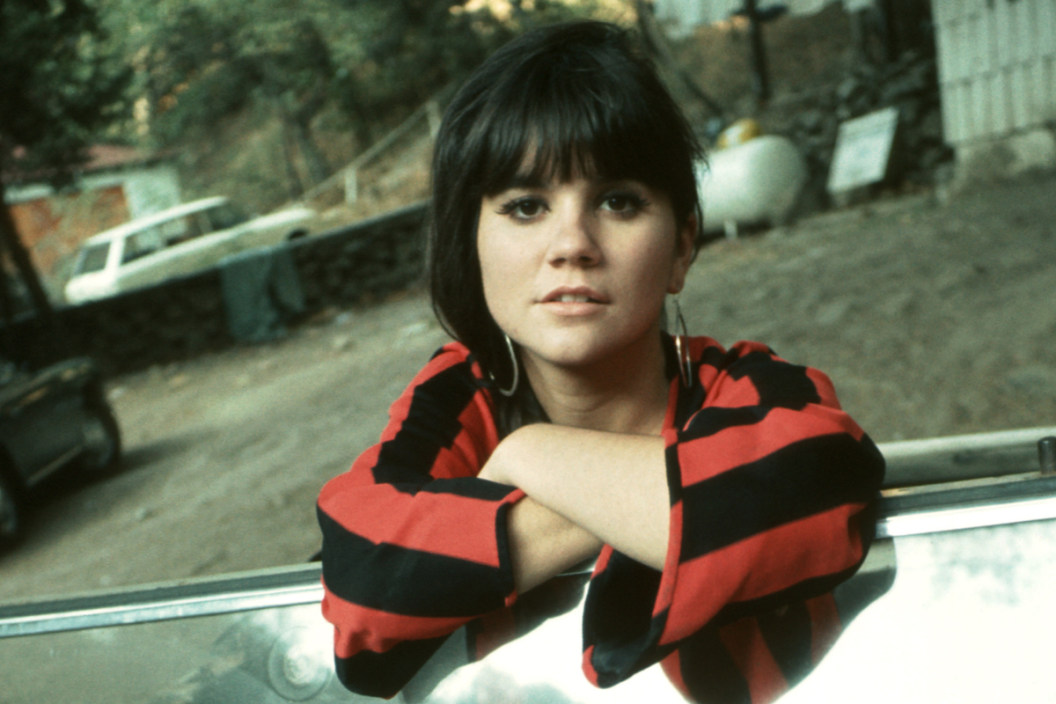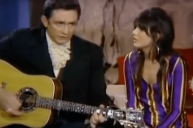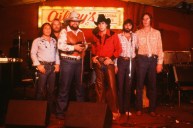In 2019, I watched the documentary film The Sound of My Voice, which illuminated the epic career and impact of Linda Ronstadt. Prior to this moment, I'd only known of her career in relation to mariachi/Tejano and rock music. Her Mexican cultural roots and her musical passion always shone through her music — and it isn't hard to see why, with a voice as powerful as hers. What was unknown to me at the time, but what I learned from her documentary, was how she would become the driving influence to a unique and evolved style of country that we know today.
It can go without saying that there was always rock 'n' roll in country music with names such as Johnny Cash, Garth Brooks, The Mavericks and many other prolific bands infusing their own style of it into the genre. There is a clear relationship with this sound no matter what the genre or subgenre splits into or calls itself. While many men have been part of this sound and gained acclaim, none can really say they have had the same impact as Ronstadt.

Photo by Michael Ochs Archives/Getty Images
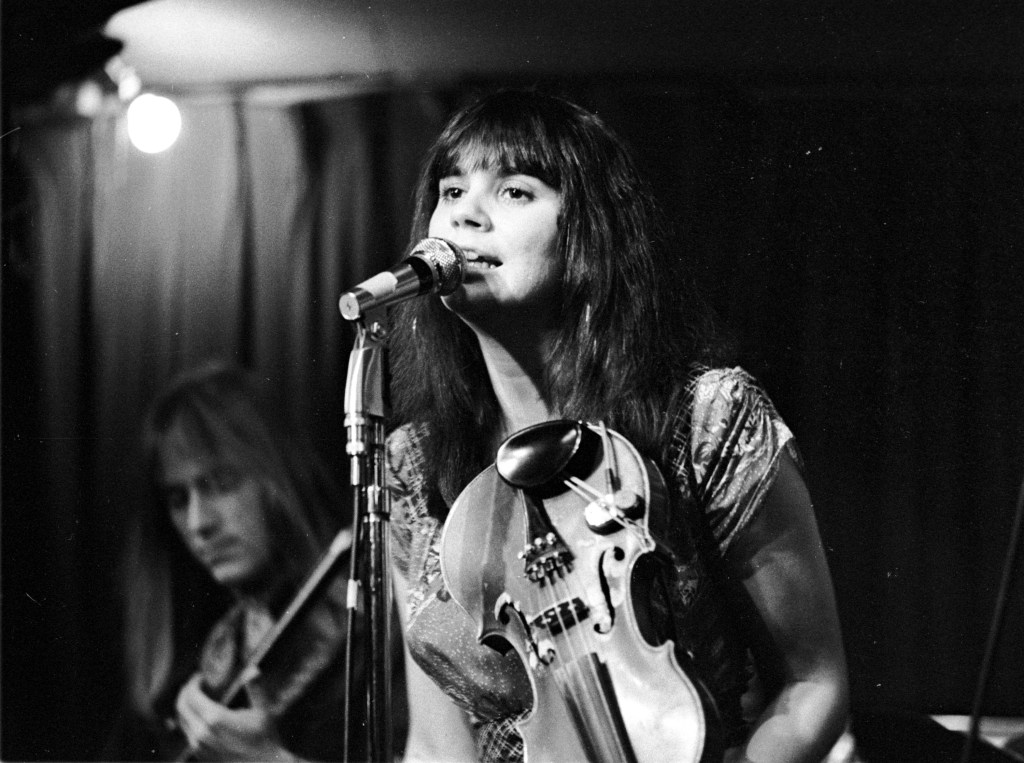
Photo by Michael Ochs Archives/Getty Images
With an impeccable ear for song selection and powerful vocal presence, Ronstadt blended rock with country music in a way that can easily be considered the foundation for the women who would come after, including Shania Twain, Taylor Swift, Miranda Lambert, Kacey Musgraves and many others who have excelled and continue to interpret the style to this day. In the 1970s, Ronstadt was considered the top female vocalist of rock. Yet at the height of her fame, what really cemented Ronstadt as a force in the '70s and '80s wasn't that she was a female solo artist in rock 'n' roll, but that she had such a huge style range as a musician, with albums released for Broadway, pop, folk, mariachi, rock and country. Her command of multiple genres was something commented on throughout her career until her retirement in 2011. One such quote from Country Western Stars magazine that sums it up best is, "Rock people thought she was too gentle, folk people thought she was too pop, and pop people didn't quite understand where she was at, but Country people really loved Linda."
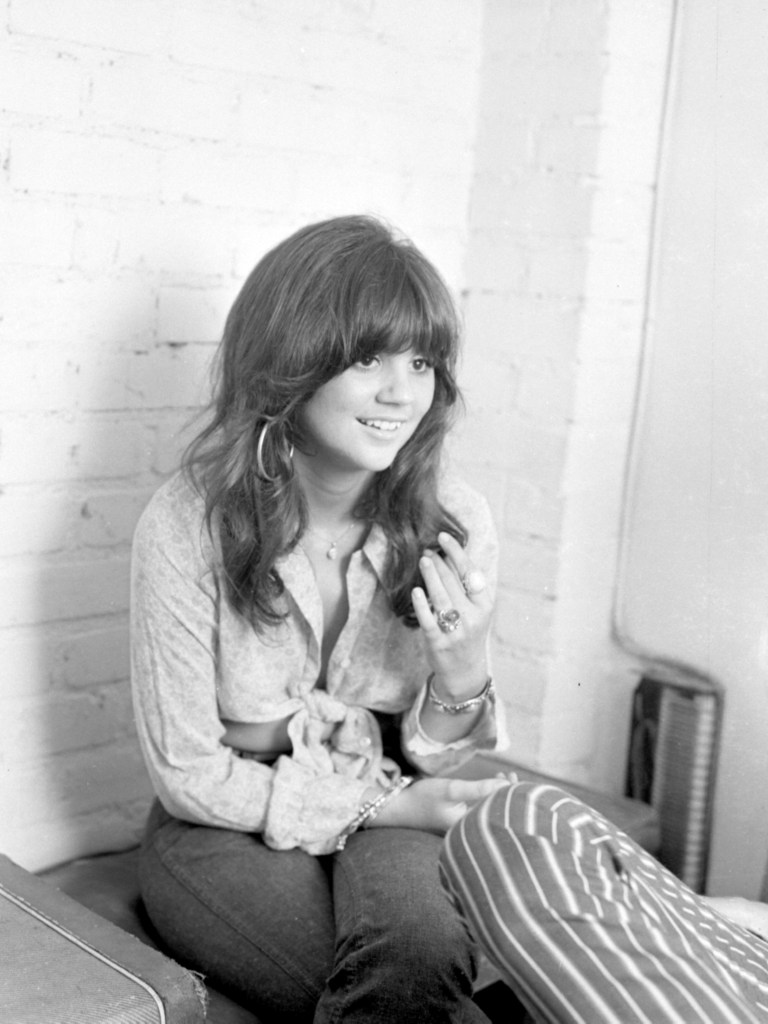
Photo by Michael Ochs Archives/Getty Images
Her success in the country market started in 1975 with the songs "I Can't Help It (If I'm Still in Love With You)" and "When Will I Be Loved," which hit No. 1 on the country charts. These were only some of the many songs from her country album Heart Like A Wheel that would chart for pop, country, and sometimes both. While we can expound on the continued rise of Linda's stardom in country music, the thing that makes her so iconic and important to the history of the music is her determination and power to do things her way. There are documented stories and interviews of Ronstadt describing how she fought to create music on her own terms.
One such story is documented in Country Music magazine, where she described her reasoning behind recording "Long, Long Time" in Nashville and how the experience impacted her decision to no longer record country in Nashville:
"['Long, Long Time'] was another song that I fought for, because people heard it and said, 'How syrupy — what are you going to do with that? It's a ballad, it's going to put everyone to sleep.' I was convinced it was a hit, and we went into the studio at ten o'clock in the morning. And that was Nashville — those guys liked that song so much that they got out of bed at nine o'clock on a Saturday and came down to do it, which is really something. But I don't think I sang it very well, although I was into it at the time, believe me — I was really feeling that song, but what can you do at ten o'clock in the morning?... I wasn't keen on the idea. It was very interesting in that there's such an enormous difference between country music in Nashville and country music in California. It's just another situation entirely, and I don't think we had any business playing music together. ... "
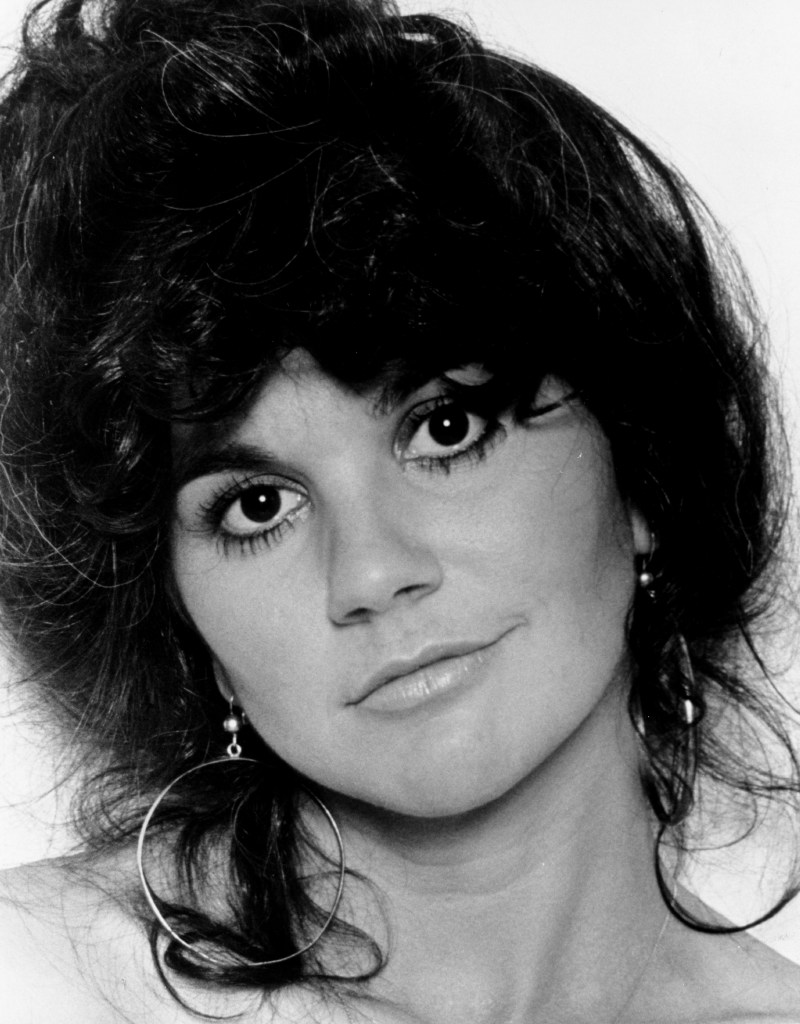
Photo by Michael Ochs Archives/Getty Images
The label expressed concerns about the song choice to Ronstadt, but she was right. After it was released, it became a hit. At that point, what could they tell her? On top of that, her decision to not record in Nashville was one that was still honored when collaborating with Dolly Parton and Emmylou Harris on the album Trio. This album was recorded out of Los Angeles — and when it was released in 1987, became a huge success for the "trio," as it held the No. 1 spot on Billboard's Country Albums chart for five weeks, selling over 3 million copies and winning the ladies a Grammy for Best Country Performance by a Duo or Group with Vocal.
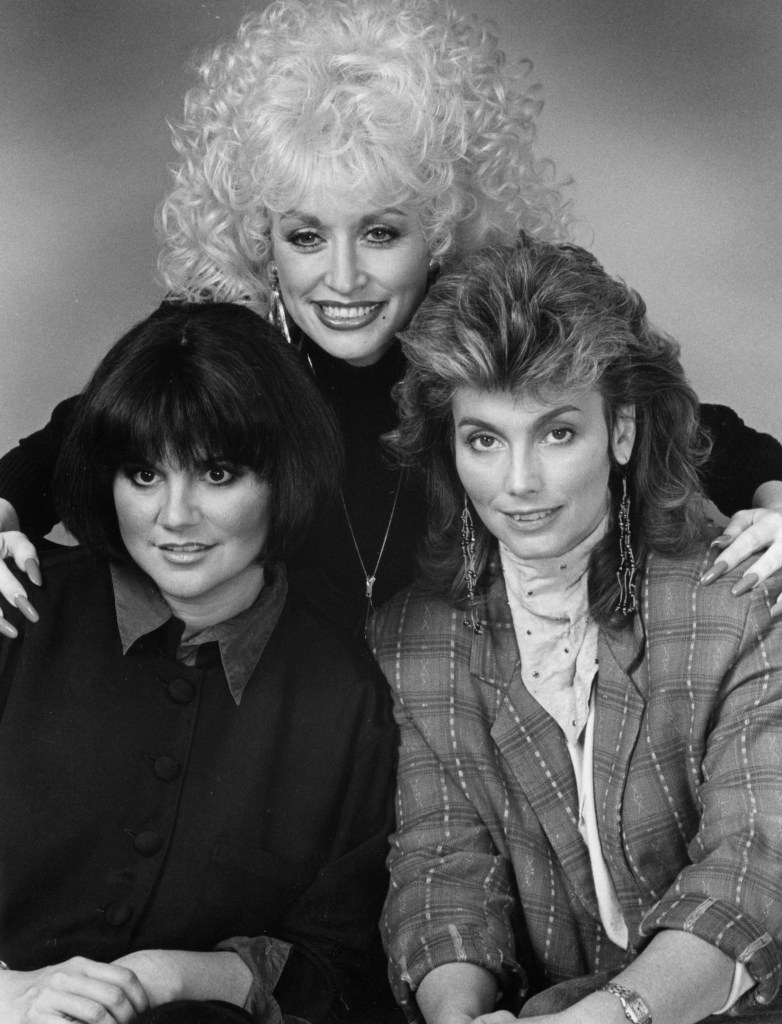
Photo By BRUCE BISPING/Star Tribune via Getty Images
After the acclaim from the release of Trio at the start of 1987, Ronstadt stunned the world when she came out with another album at the end of the year called Canciones de Mi Padre. This album would be the first time in which Ronstadt would boldly showcase her Mexican heritage to the world. The album was a means of preserving and honoring the music her father taught her as a child from her aunt Luisa Espinel's songbook, which was brought from Sonora, Mexico.
Her duality of culture and person came full circle with this release and cemented her as the most versatile female vocalist of her generation. The sound of Ronstadt's voice made her one of the most awarded singers of her time. Before her retirement in 2011, Ronstadt would release a total of 30 studio albums and 15 compilation/greatest hits albums. And she would garner the following awards:
- 11 Grammy Awards
- 3 American Music Awards
- 2 Academy of Country Music awards
- 1 Emmy Award
- 1 ALMA Award
- Latin Grammy Award for Lifetime Achievement
- Grammy Award for Lifetime Achievement
- National Medal of the Arts
- Induction into Rock and Roll Hall of Fame
- Kennedy Center Honors
With all these awards, I would be remiss in not mentioning that Ronstadt doesn't have a Country Music Hall of Fame induction. Should she have one? Yes. She deserves it not only for being a pioneer of the blend of country rock that we know today, but also for exercising agency of self in a time when Music City was churning out musicians left and right who fit a certain mold for the country music of yesteryear. Ronstadt's music was ahead of its time but, in the era of her fame, caused a lot of commotion in regard to "country purity" — to which she did not subscribe.
To understand Ronstadt, we must understand that in a time when the fusion of country rock was in its infancy, she championed it and stood strong in its inclusion in the country genre by continuing to make it as she saw fit. Linda can truly be called a Mexican American pioneer for her music but also for the act of strength to exercise her creativity in her own way. Ronstadt, Parton and Loretta Lynn can be said to be the three strongest voices in country music. That is due not only to their strong musicianship but also for the lesser touched-upon aspect of taking hold of the narrative of how women should sound, act and write within the confines of the genre and changing it to fit themselves. Ronstadt stands tall among these women as someone who truly broke the mold.
